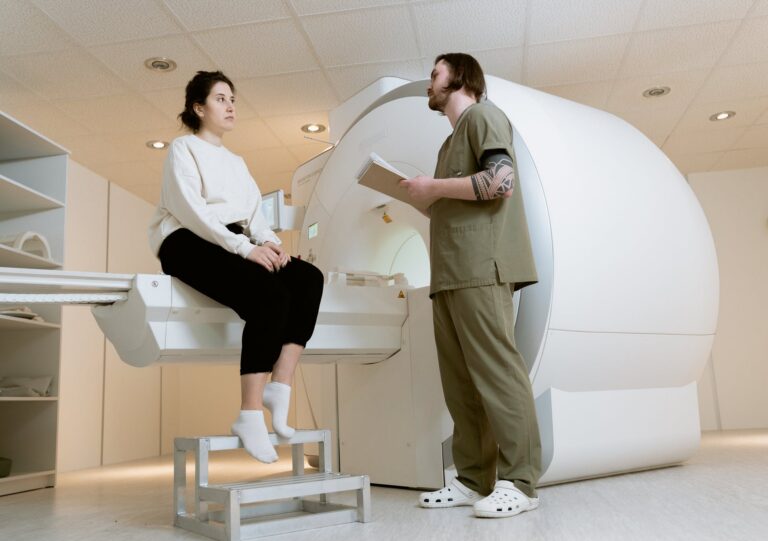As a patient, nothing can give you more satisfaction and fulfillment than getting discharged from the hospital. It can be really frustrating to spend months in one room and on a single bed. Also, it causes mental fatigue because you must deal with your illness. But once you are allowed to go home, you feel relief as you do not have to live away from your loved ones anymore. When you are about to get discharged from the hospital, the medical team will provide you with the necessary information to take care of yourself. They provide an aftercare plan that allows you to take necessary precautions at home.
The medical team prepares proper documentation when a patient is getting discharged from a hospital. It contains all the treatments a patient receives in the hospital, so in this way, patients have a clear idea about the total cost. Also, it helps patients ask crucial questions to the discharge planner to avoid confusion later. It would be better to take the help of your family members in this task.
Without further ado, let’s find out what questions you must ask prior to your hospital discharge.
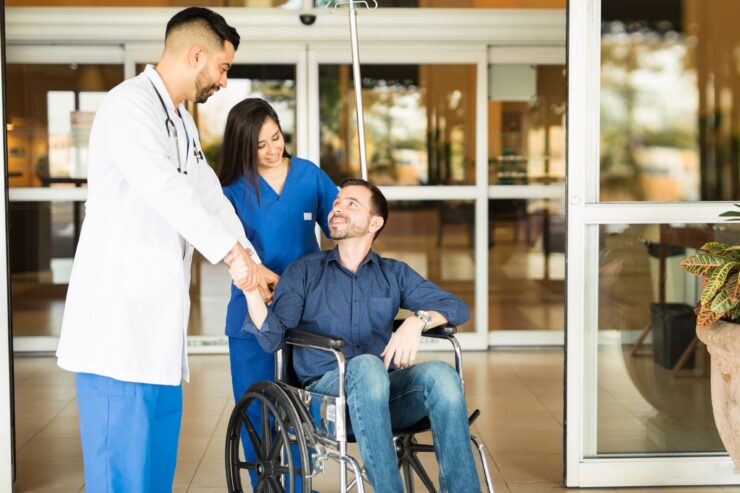
1. Who can help you at home?
One of the basic questions you need to ask your discharge planner is who can look after you at home. In such cases, hospitals usually recommend experienced nurses who can provide the necessary care at home. You need to ensure that nurses have high-level qualifications and required experience.
Nurses with a master of science in nursing are ideal for such jobs. With top-level education and hands-on experience, they know the needs of patients recently discharged from hospitals. So, you need to look for high-quality resources that can provide good care at home. On the other hand, hospitals may also recommend agencies that offer local care facilities at home, so you have to consult them accordingly.
2. How is your Medical Condition?
When you are leaving the hospital, you need to have a clear idea of your medical condition. The discharge planner will provide you with a summary of the treatments you received in the hospital, along with an explanation of your current condition. It will help you get more clarity on your current medical state and what you need to do accordingly. If you do not understand anything or are perplexed, you can ask the medical staff immediately to avoid any confusion.
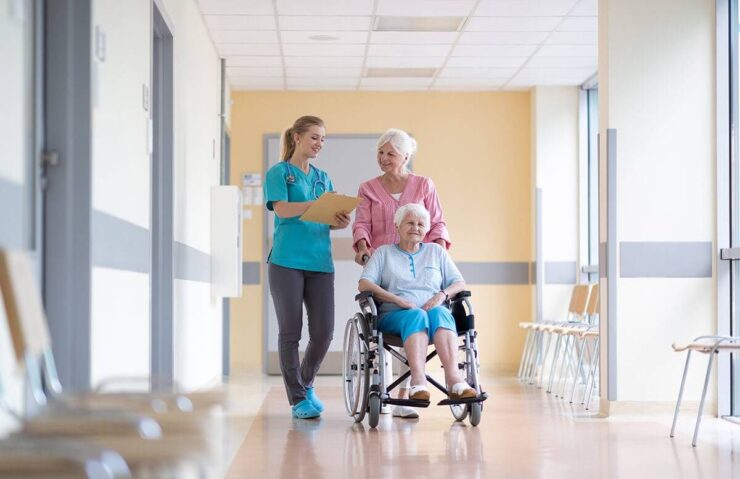
3. When do you need to visit the doctor?
One of the most common misconceptions patients usually have is that they do not need any medical assistance from doctors after getting discharged from the hospital. Depending on your medical condition, you may have to visit the doctor at least once or twice a month.
You need to ask your discharge planner which doctor you need to visit. On your first visit, you will get an idea of how frequently you need to see the doctor. Also, you need to schedule an appointment with your doctor before visiting them. You may ask the hospital staff to help you in scheduling these appointments.
After setting up your schedule, you need to analyze how you will commute to visit your doctor. If you have some mobility issues or you live alone, you need to discuss this with your discharge team. They can come up with a solution by letting social workers or case managers know about the situation.
4. How Should you Take Medication at Home?
You will receive an updated list of medications from your discharge team. It will give you an idea of how you have to take medications at home. In this way, you will know what medications you must continue and which ones are no longer necessary. Also, it will help you know the dosage and timings of the medicines. According to medical experts, patients can face side effects if they do not know how to take medications correctly. Therefore, it is crucial to ask your discharge planner about your medication schedule when leaving the hospital.
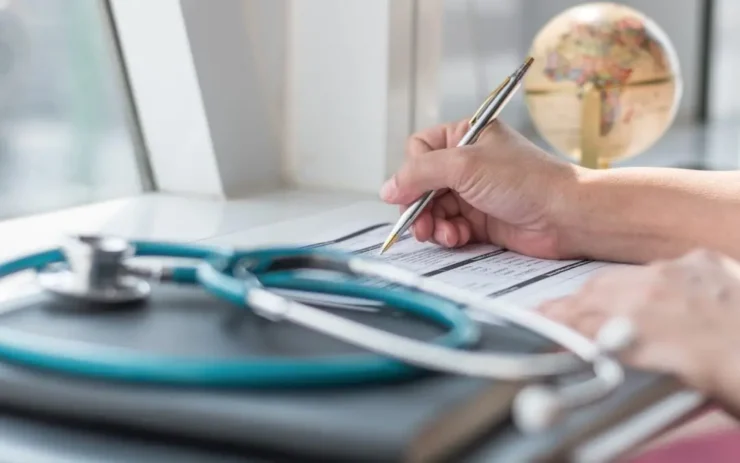
5. What Medical Equipment do you need at home?
When patients spend months lying in bed, they might not be able to start walking immediately. They need some time to regain their strength. Hence, they may need specific equipment to walk easily. It can be a wheelchair, cane, or walking stick, depending on your medical condition. You need to ask your discharge team which equipment can be the right fit for you.
Also, you need to ask your doctors if you have to use an infusion tubing or nebulizer and how to use it? You have to make sure that you and your loved ones know how to use these types of equipment so that you do not face any inconvenience later on.
6. What Activities can you do?
You need to have a clear idea of what activities you are allowed to do at home that will not affect your medical condition. When you are getting discharged from the hospital, nurses, doctors, and other medical staff will analyze your medical condition. They will make you walk to see what you can do physically and what you need to avoid.
You need to ask your doctors what precautions to take when it comes to physical activities. Usually, doctors do not recommend the lifting of heavy weights for patients who have gone through surgeries. Depending on your condition, the discharge team will recommend what steps you need to take to stay safe at home. It will help you know how you can prevent falls, how you need to take steps on stairs or how you have to walk by not exerting pressure on your feet. All these factors are the possibility that the medical team can recommend, but again, it heavily depends on your medical state, so you need to act accordingly.
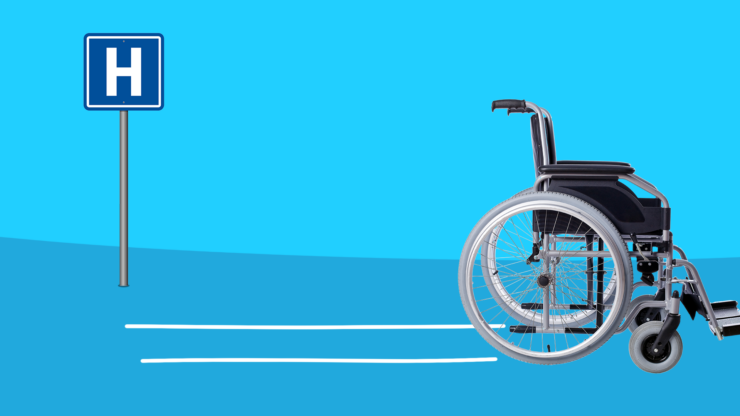
Conclusion
Aftercare is crucial for patients who are discharged from the hospital. You need to keep in mind all the questions mentioned above to ensure you do not have any confusion after leaving the hospital. You should understand that you are on your own once you leave the hospital. Your friends and family might not know much about your condition unless you ask these important questions. Therefore, you need to have a clear idea of what you need to do at home to recover quickly and stay safe.

